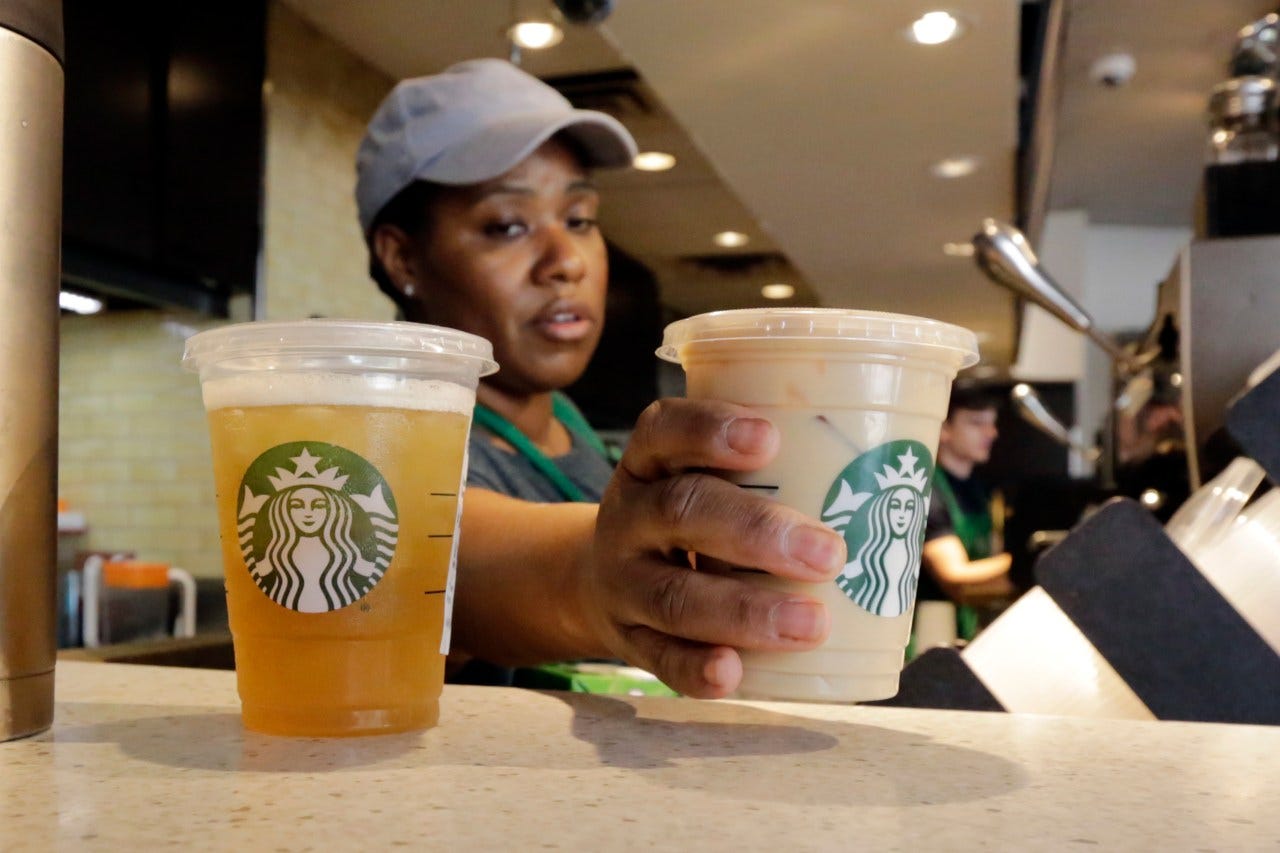07/30/2024: Starbucks Subpoenas Did Not Violate NLRA
A limiting case for Guess?, Inc.
Starbucks Corporation, JD(NY)-18-24, 02-CA-316515 (ALJ Decision)
The complaint alleged that Starbucks Corporation (the Respondent) violated Section 8(a)(1) of the National Labor Relations Act (the Act) by issuing subpoenas duces tecum (Subpoenas) to Rhythm Heaton and Workers United (the Union) in case 02-CA-303077. Heaton was the discriminatee in the underlying unfair labor practice (ULP) case, which involved allegations that Starbucks discharged Heaton because of their union support and activities, in violation of Sections 8(a)(3) and (1) of the Act.
Legal Analysis
The central issue was whether the Respondent's issuance of the subpoenas constituted an unlawful interrogation or surveillance in violation of Section 8(a)(1) of the Act. The Board applies the Guess?, Inc. test to evaluate alleged unlawful subpoenas. The test has three parts:
Relevance: The questioning or request must be relevant.
Illegal Objective: The request must not have an illegal objective.
Balancing Interests: The employer's interest in obtaining the information must outweigh the employees' confidentiality interests under Section 7 of the Act.
The ALJ analyzed the subpoenas using this framework:
Relevance: The ALJ found that the subpoenas sought relevant evidence related to the ULP case, as they requested documents and recordings concerning Heaton's discipline and the Respondent’s enforcement of attendance policies.
Illegal Objective: The General Counsel argued that the subpoenas had an illegal objective, particularly citing Board Rule § 102.118, which protects witness affidavits from prehearing disclosure. However, the ALJ did not find that the subpoenas sought protected affidavits or other confidential statements.
Balancing Interests: The ALJ concluded that the Respondent’s interest in obtaining the requested information outweighed the employees' confidentiality interests, especially since the parties resolved the subpoena disputes and no evidence was presented that protected information was disclosed.
Conclusion
The ALJ dismissed the complaint, finding that the subpoenas issued by Starbucks did not violate Section 8(a)(1) of the Act. The decision emphasized that the subpoenas were relevant, did not have an illegal objective, and that the Respondent’s need for the information outweighed any potential coercive impact on employees’ Section 7 rights.
Significant Cases Cited
Tracy Auto, L.P. d/b/a Tracy Toyota, 372 NLRB No. 101 (2023) - Held an employer may engage in unlawful interrogation or surveillance when seeking protected information through judicial/administrative discovery.
Bill Johnson's Restaurants, Inc. v. NLRB, 461 U.S. 731 (1983) - Established that the NLRB can enjoin lawsuits with an illegal objective.
Guess?, Inc., 339 NLRB 432 (2003) - Established the three-part test for evaluating whether employer questioning of employees is lawful.
Santa Barbara News-Press, 358 NLRB 1539 (2012) - Held subpoenas for witness affidavits have an "illegal objective" under Bill Johnson's.
NLRB v. Robbins Tire & Rubber Co., 437 U.S. 214 (1978) - Held witness statements need not be disclosed before hearing under FOIA exemption 7(A).

